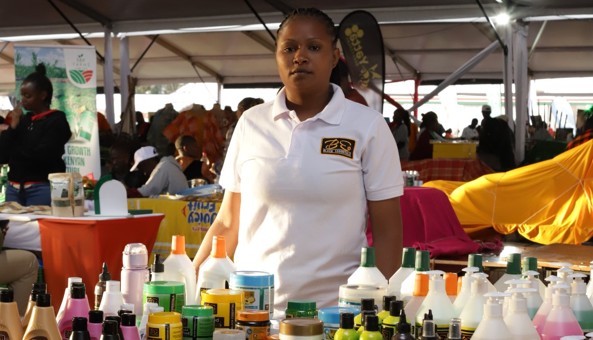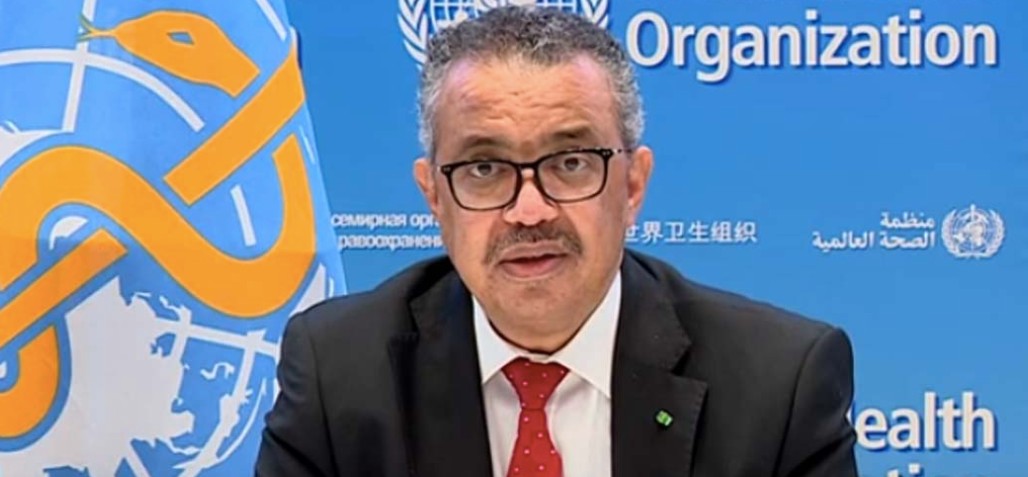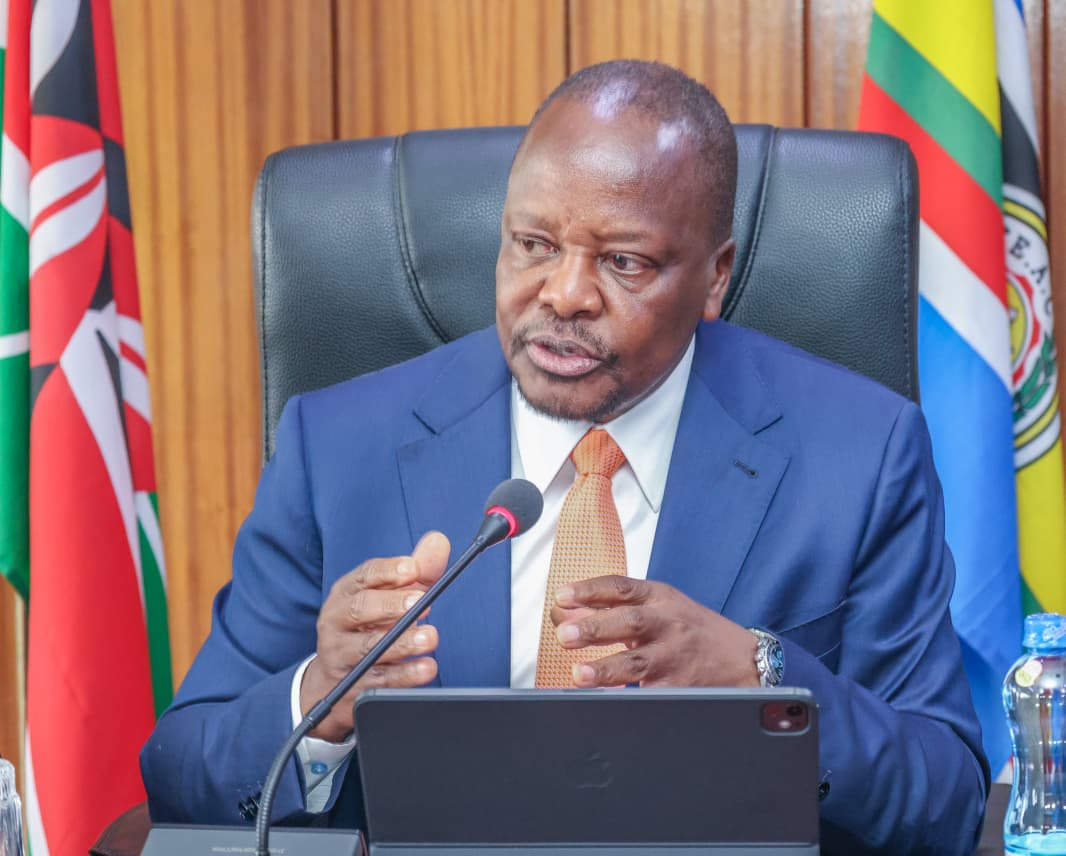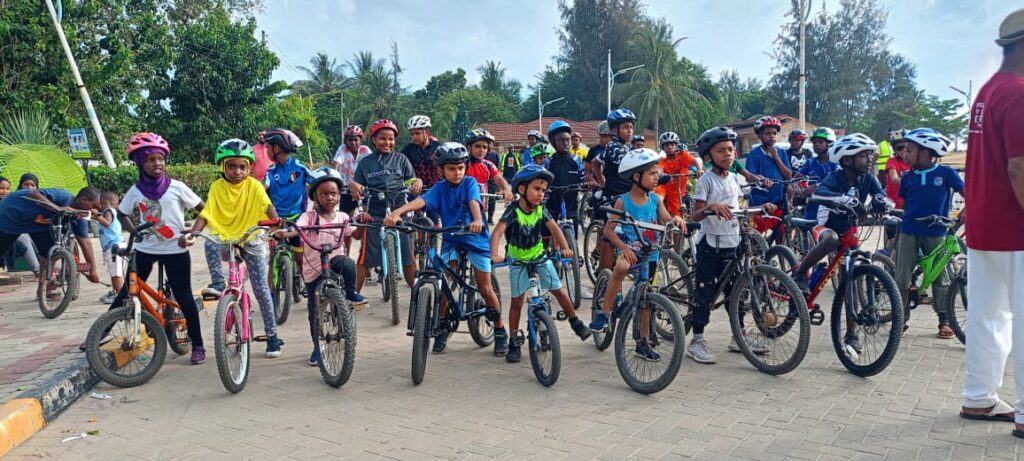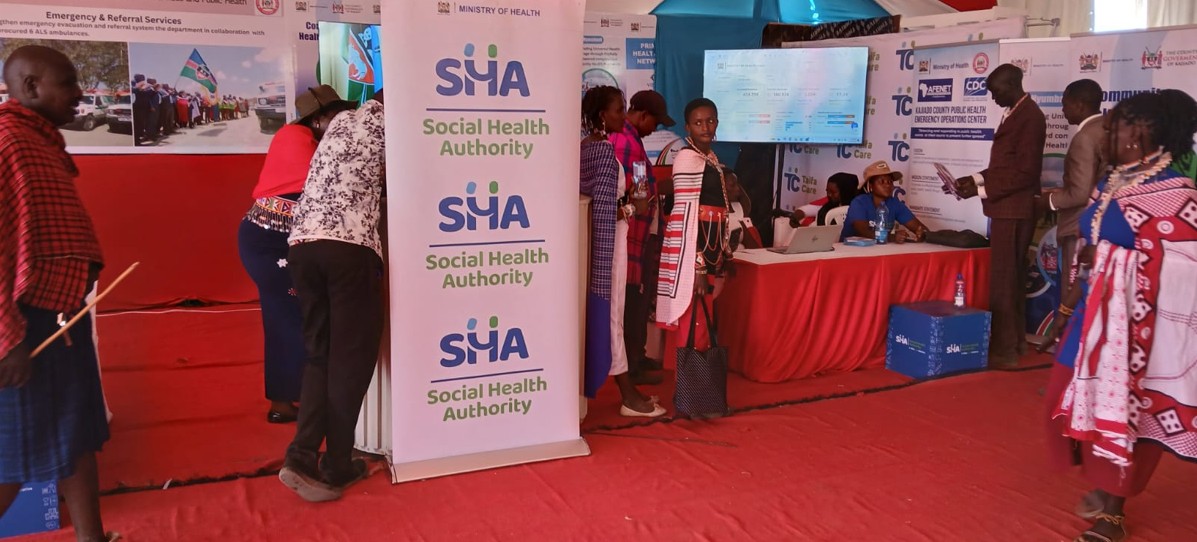Four killed, thousands displaced in Luuq town, southern Somalia
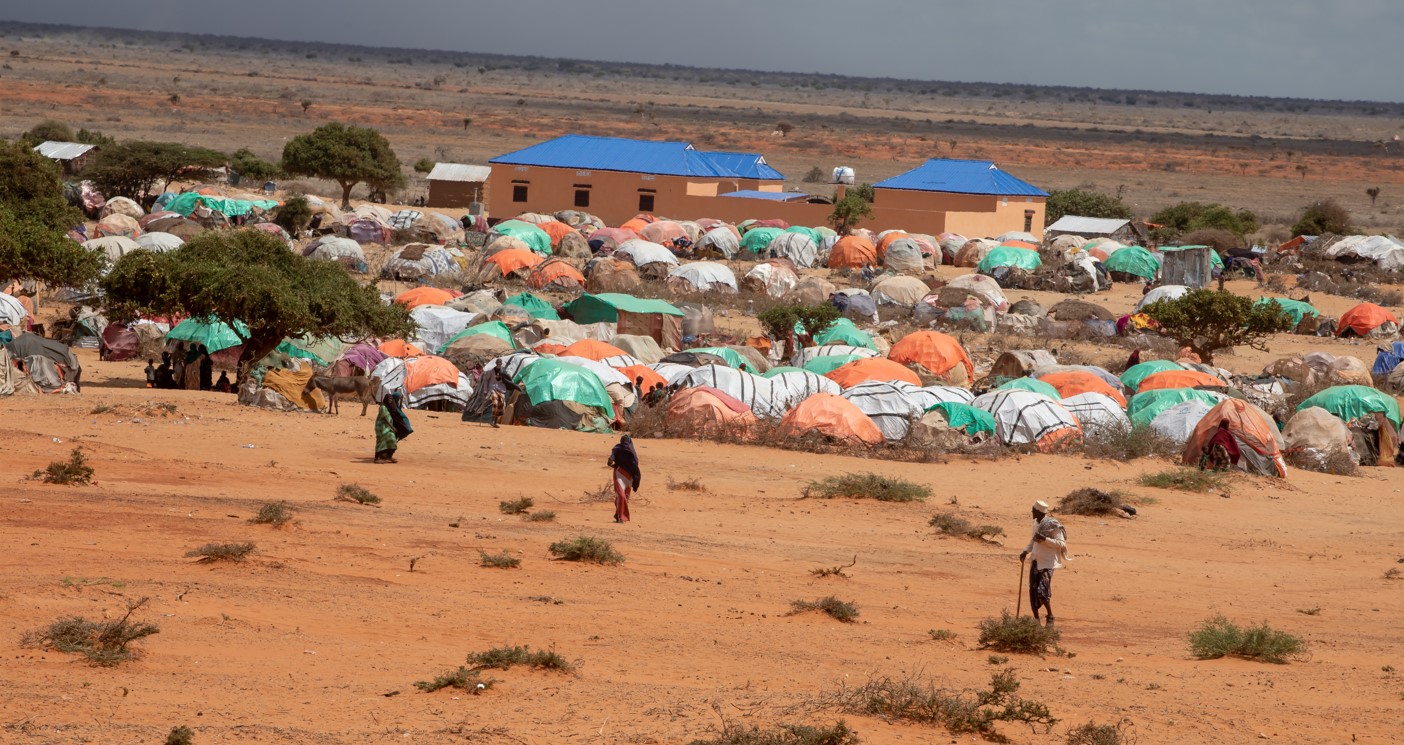
The displaced civilians have moved to nearby settlements including Jaziira, Dhuyacley, and others.
More than 42,000 people have been left displaced after armed interclan clashes engulfed Luuq town, southern Somalia from June 5. Many people who were caught in the conflict and those who were suspected to have an affiliation had to flee for their safety.
According to the United Nations Coordination of Humanitarian Affairs (OCHA), the conflict that lasted for three days and saw four people lose their lives was due to a land ownership dispute in the Gedo region.
More To Read
- Sudan’s crisis deepens with communities trapped in ‘siege conditions’
- UN rights office condemns ‘apparent summary execution’ of two men in the West Bank
- Gazans continue heading home as ‘fragile ceasefire’ holds
- Desperate need for water and food continues as Gaza families head north
- Severe flooding affects over 960,000 in South Sudan: UN
- UN says delivering aid to northern Gaza remains challenging
"The displaced people were not only caught up in the crossfire but were also targeted in some cases due to their clan affiliation. Some of them faced secondary displacement due to fear of being directly affected," Ocha said in its statement on Sunday.
The displaced civilians have moved to nearby settlements including Jaziira, Dhuyacley, and others.
OCHA says many livelihoods were affected by the chaos that saw more businesses razed down. It hints at a possible food insecurity situation.
The humanitarian organisation underlined that there has been calm since July 8, when the battling tribes ceased shooting, even though tensions remain high. According to reports, a delegation visited the area in an attempt to broker peace between the concerned clans.
"A delegation led by Jubaland Vice President, including federal and state officials visited Luuq town on Tuesday 9 July to facilitate talks between the warring parties," revealed OCHA.
Via their assessment, OCHA expresses that many displaced communities especially women, children, the elderly, and persons with disabilities are facing critical conditions and need to be assisted immediately. However, the conflict has affected the humanitarian service delivery to the area.
Getting access to some civilians is hard since some of them moved to areas controlled by non-state armed groups and the humanitarian supplies can only be delivered by air.
"Access to the displaced populations in some areas is restricted due to possible attacks from non-state armed actors, including militiamen from the conflicting parties," decried OCHA.
Efforts by humanitarian partners are mobilising resources to provide emergency assistance like safe drinking water and emergency shelter.
Top Stories Today







